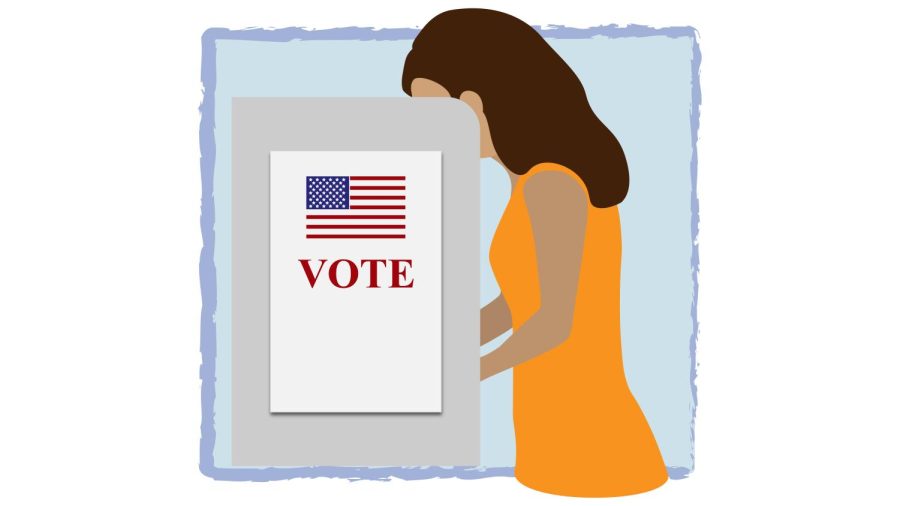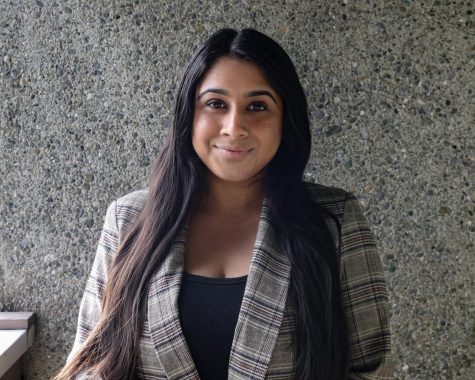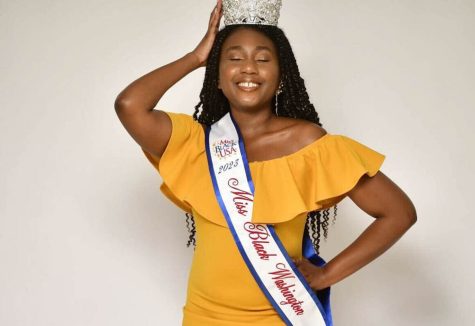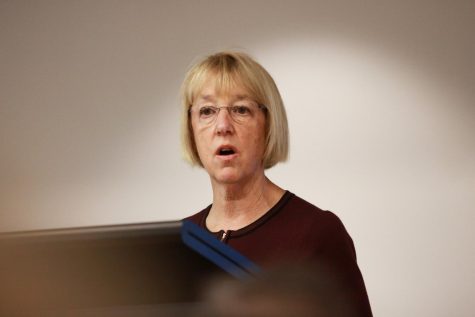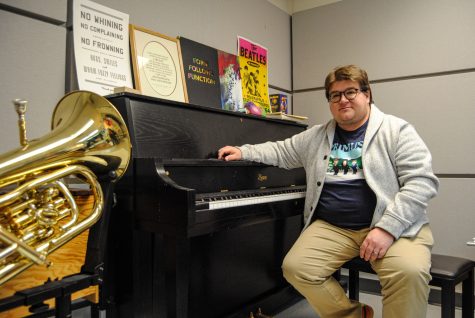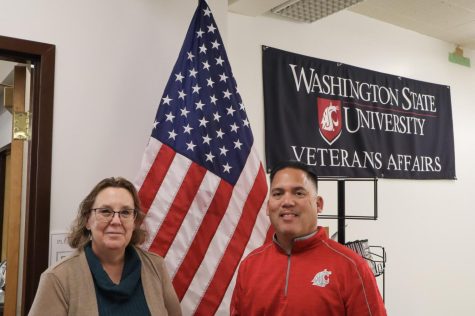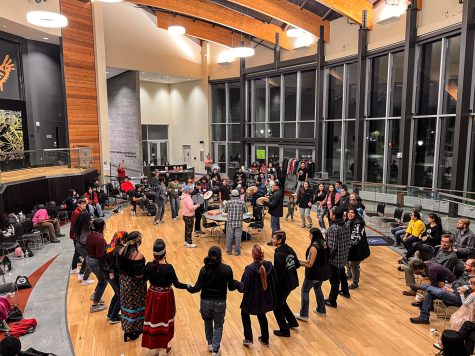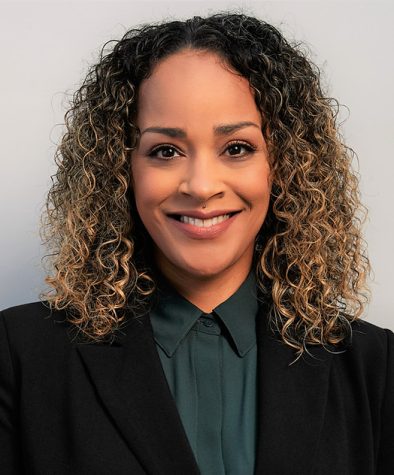Women*s Center staff speak on Women’s Equality Day
Staff emphasize need for progress, women’s empowerment
Many women gained the right to vote in 1920, but women of color still faced barriers in achieving equality.
August 26, 2022
Friday is Women’s Equality Day, the day the 19th Amendment was adopted, which granted many – but not all – women the right to vote. Since then, progress has been made with gender equality, but the Women*s Center staff feels more work needs to be done.
Junior psychology major Phennah Reid, with senior public relations majors Julia Schuehle and Clany Wauran are some of the staff at the Women*s Center, located in Wilson-Short Hall.
When Reid thinks of Women’s Equality Day, the first thing that comes to her mind is the Women*s Center and how it is a resource as well as a place to hang out for students.
“[Women’s Equality Day] makes me think about all the possible things that I want to do, like the change I can make within the school and the community,” she said.
While the U.S. has progressed and women gained the right to vote, Wauren said she feels events like the overturning of Roe v. Wade show there is still change to be made.
“It’s almost like yes, they are giving us our right [to choose], but – at the same time – when I think of it, they are taking it away,” she said.
In order to make more progress across the country, Schuehle said she believes it is important to emphasize the need for voices besides those of women.
“We’re not going to get anywhere with only people caring about themselves and what they want to accomplish for themselves,” she said. “We need male voices and people in power [as well]. Everyone needs to start caring about equality in all genders and all identities.”
While progress is slow, Wauran said social media has made people more aware of issues with women’s rights.
Reid wonders if her age or being born in this time period adds a level of ignorance. When people are younger, she said they are innocent and think of things they get to do rather than what they cannot do.
“We had Roe v. Wade overturned, and so that kind of makes me think when you really look at it on a timeline, what does [progress] actually look like? Is the progress really as uphill as we’ve kind of been socialized to think, or has it been really low?” she said.
Reid, Wauran and Schuehle said there are several ways of making change for the progress of women’s equality.
“Empowering women and having men step down a little bit [is one way]. Having women, women in color especially, step up and be empowered, be in control. I think that’s one way to even it out,” Wauran said.
Schuehle said for there to be change, people have to start critiquing the system itself.
“Even just putting women in these positions of power doesn’t necessarily mean that they’re going to have [what is] best in mind for all women,” she said.
Reid said for there to be change, people have to change their mindset and become less ignorant.
“I think a lot of people have to change their mindset that they’ve been so ingrained with. A lot of the ignorance, you have to look at it and be like, ‘you know it’s not their fault.’ You have to look at how they’ve grown up in the society that’s in their community,” she said.
Reid said if students need a space to hang out, a safe space to sleep or get free menstrual products, they can visit the Women*s Center. Everyone is welcome and is free to use their programs such as the women’s violence programs and The CrimZine.

